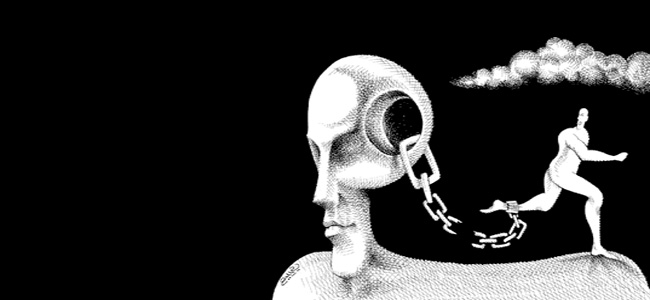
Though differing in appearance and purpose, cults and terrorist organizations nevertheless share many of the same essential dynamics. Both exploit the basic human need to belong; both feed on feelings of alienation and marginalization so common in the world today. In addition, both use similar mind control techniques to control members and maintain adherence.
With examples from numerous groups and first-hand accounts of individuals who survived their involvement, the book Cults, Terror, and Mind Control explains:
· the nature and history of cults and terrorist groups
· how cults and terrorist groups share the same psychological dynamics
· who is vulnerable
· what is mind control
· the attraction of these groups and how hard it is to extricate yourself once involved
About the Author
Raphael Aron is the Director of the Gateway Family Counselling Centre in Melbourne, and Director of Cult Counselling Australia. His previous books include Cults: Too Good to be True (HarperCollins), and Believe: From Addiction to Redemption (Fontaine).
Reviews
“Raphael Aron is a counselor and therapist who has dedicated 35 years to working with individuals involved with cults. This book represents the cumulative understanding he has gained from his personal observation of cults and from his experiences as a therapist dealing with the psychological damage caused by cults … Aron clearly understands the psychology of cults … a very welcome addition to the growing literature on the similarities of cults and terrorist groups.”
—Dr. Anthony Stahelski, Professor, Psychology Department at Central Washington University
“Raphael Aron challenges our ideas about the role of mind control and the part that it plays in cults and terrorist groups—and provides an interesting new take on how terrorism might be countered.”
—Professor Clive Williams MG, Centre for Policing, Intelligence and Counter Terrorism at Macquarie University, Australia
Table of Contents
Ackowledgements
Introduction
1. The Evolution of Cults and Terror
Cults: An Overview
Terrorism: An Overview
Cults, Terror, and the Internet
2. Understanding Mind Control
What Is Mind Control?
Does It Exist?
Eight Characteristics of Mind Control
Control of Behavior, Thoughts, Emotions
Information and the Environment
Unfreezing, Changing, and Refreezing
Mind Control and Culpability
3. The Subtle Process of Recruitment
Who Is Vulnerable?
Entering a Cult or Terrorist Group
Cults, Terrorism, and Religious Fundamentalism
4. Delving Deeper into Extremism
Terrorism and Cultism
Debunking Myths about Terrorism
The Cult of Hitler
Philosophy of Hate—The Christian Identity Movement
5. The Tragic Ramifications of Mind Control
Fundamentalism and Exclusivity
Personality Breakdown
The Destruction of Innocence—Mind Control and Children
Victimizing the Mentally Ill
6. The Dilemma for Families
The Role of Family and Community
The Value of Certainty
7. Responding to Cults—A Role for Governments and Lawmakers
Cults, Civil Liberties, and Religious Freedom
Cults and Courts
Government Intervention
Government Control
8. Responding to the Terrorist Threat
Mind Control and Manipulation
Misinterpretation and Martyrdom
Marginalization
Epilogue
Appendix
The Doomsday Document
Notes
Bibliography
Index
